Your six main ability scores are your bread and butter in Dungeons & Dragons. You’ll always have strengths and weaknesses, but working to balance and improve your Strength, Dexterity, Constitution, Wisdom, Intelligence, and Charisma is a key part of any campaign. But, how exactly should you go about improving these stats?
When it comes to D&D, you shouldn’t feel limited to improving your character in just one way! Depending on your table, there are a variety of different roleplay and optimization approaches you can pursue in order to create your ideal build. Here are some of the best ways to improve your ability scores in Dungeons & Dragons.
How To Use Feats To Improve Ability Scores
Should You Choose A Feat Or Ability Score Improvement?
The best standard approach to improving your ability score is to use feats. By default at certain levels, you can select any feat from the general feats table in the 2024 Player’s Handbook. Typically, feats improve your ability scores in one of two ways.
- Ability Score Improvement – At levels four, eight, 12, and 16, you can choose to take the Ability Score Improvement feat, allowing you to increase one ability score of your choice by 2, or increase two ability scores by 1 to a maximum of 20.
- Other General Feats – At these same levels, you can instead choose to take a different general feat that improves a specific ability score.
How To Map Out Character Progression
As you map out your character’s progression, you should consider how you can maximize each feat you take. Depending on your choices, some feats can prove extremely powerful. As an example, you might have your eye on a powerful feat that has a certain prerequisite.
This means you’ll want to use an Ability Score Improvement early on so that you can take the feat you want later on. See the below example of a monk’s character progression.
|
Character Level |
Feat Chosen |
Details |
|
Level Four |
Ability Score Improvement |
A player roleplaying a monk character wants to take the Polearm Master feat, but doesn’t have the 13+ Strength prerequisite. So, they take an Ability Score Improvement at Level Four, increasing their Strength from 11 to 13. |
|
Level Eight |
Polearm Master |
Now, at level eight, this same player can take the Polearm Master feat, increasing their Strength or Dex by one (their choice). Now, they have meaningfully increased their ability scores twice across four levels of play and gained new abilities with their chosen feat. |
A list of general feats can be found in Chapter Five of the 2024 Player’s Handbook, along with their prerequisites.
How To Use Items To Max Out Your Abilities
You should also use items to buff your character build. Items can often boost stats or even armor class. As a DM, you should also consider ways to reward players with magic items that are tailored to their needs.
Here are a few examples of some items that can either permanently or temporarily improve ability scores.
|
Item |
Visual |
Ability Score Improved |
Details |
|---|---|---|---|
|
Headband of Intellect |
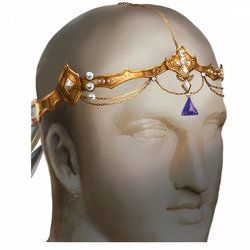
|
Intelligence |
Once attuned to this headband, your intelligence increases to 19 as long as you wear it. |
|
Ioun Stone |

|
Wisdom |
Depending on the type of Ioun Stone gained, these marble-like stones can increase certain ability scores, like Wisdom by 2 to a maximum of 20, while the stone orbits around your character’s head magically. |
|
Potion of Giant Strength |
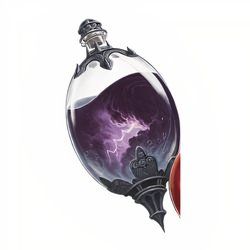
|
Strength |
When you consume this position, your Strength score temporarily changes for 1 hour. For example, if you find a Potion of Storm Giant Strength, your Strength score changes to 27. This varies depending on each type of potion. |
For example, if you know a barbarian player at your table wants to max out their strength score, consider using an item that enhances strength as a reward for accomplishing a difficult side quest. Players should also not be shy about expressing their wants for these rewards to their DM.
For higher levels of play, it might prove helpful to gift or craft special magic items with players that can increase certain ability scores past their maximum. This will help players feel like they’ve truly hit their capstone as characters!

Related
Dungeons & Dragons: How To Create Boss Stat Blocks
If you want to create memorable boss stat blocks for your Dungeons & Dragon campaign, this is the guide for you.
How To Use Roleplay To Increase Ability Scores
Create Story Scenarios Based On Ability Scores
Players and DMs who are less interested in maxing stats or using traditional routes for ability score improvements should consider using roleplay elements instead. If players and DMs work together to craft meaningful roleplay moments, ability score improvements are a great way to reward your table. Here are just a few ideas of roleplay scenarios you can implement.
- A Training Montage – If a player in your party has a mentor, consider giving them a training montage with this mentor that allows them to improve a certain ability score of their choice perhaps after a series of successful checks.
- Hours Of Study – Studious wizards may want to learn about a long-lost magic practice, or other forgotten arcana. Have players dedicate a certain number of days or even weeks to studying this magic in a scriptorium or magical school in order to increase their Intelligence score.
- Defeating An Antagonist – If a player character has often squared off against the same antagonist, and finally defeats them, consider giving them an Ability Score Improvement as a reward as opposed to just a bunch of unrelated treasure.
How To Reward Players For Their Roleplay
Let’s create an example and breakdown how to incorporate it into your campaign as a DM. We’ll set up one story thread idea, and then break it up into steps.
Say you have a druid in your party who was kidnapped by a maligned druidic cult as a child. As an adult, they have fled the cult, but ancient magic still curses them and binds them to the cult’s leader telepathically.
Now, the party has the opportunity to try to break the seal of this magic on their druidic friend. Here’s a breakdown of how you can thread this narrative arc into an ability score improvement for your player.
- Introduce Story Thread – Drop hints to the party that there may be a hermitic druid on the outskirts of society who can break such a curse. While it’s not mandatory for the players to go there, they may be tempted by the offer. Make sure it’s clear that there will be a tangible reward for pursuing this thread.
- Offer Players Choice – There is no reward without risk. Make sure it’s clear to the players that they may have to overcome a risky ritual with this druidic hermit in order to break the seal, but that if they do so, their druid companion will be rewarded.
- Roleplay Rewards – If the players seek out the hermit and manage to successfully complete a dangerous ritual through a series of checks, roleplay a magical moment in which the essence of the curse is removed from the druid’s body, thus improving their Wisdom score and making their druidic magic more powerful.
Once you’ve mastered this step-by-step process, you can apply these ideas to any roleplay moment. This will allow you to reward players in fun ways and help them improve their ability scores across a long-spanning campaign.
How To Improve Ability Scores Past Level 20
If you’re playing a high-level campaign, it might behoove your players to try to get their ability scores past level 20. However, you cannot use feats or the standard Ability Score Improvement to do this. Rather, players should rely on two things.
- Magic Items – Many magic items do not have caps or restrictions on improving ability scores past level 20. Work with your DM to discuss what options might be best.
- Epic Boon Feats – These feats (which typically require a prerequisite of being level 19 or higher), will allow you to improve your ability scores past level 20. However, these are reserved for the highest levels of play.

Next
Dungeons & Dragons: How To Homebrew A Kingdom
Building an entire kingdom from the ground up can be hard work in Dungeons & Dragons. Here’s what you need to know to get started.
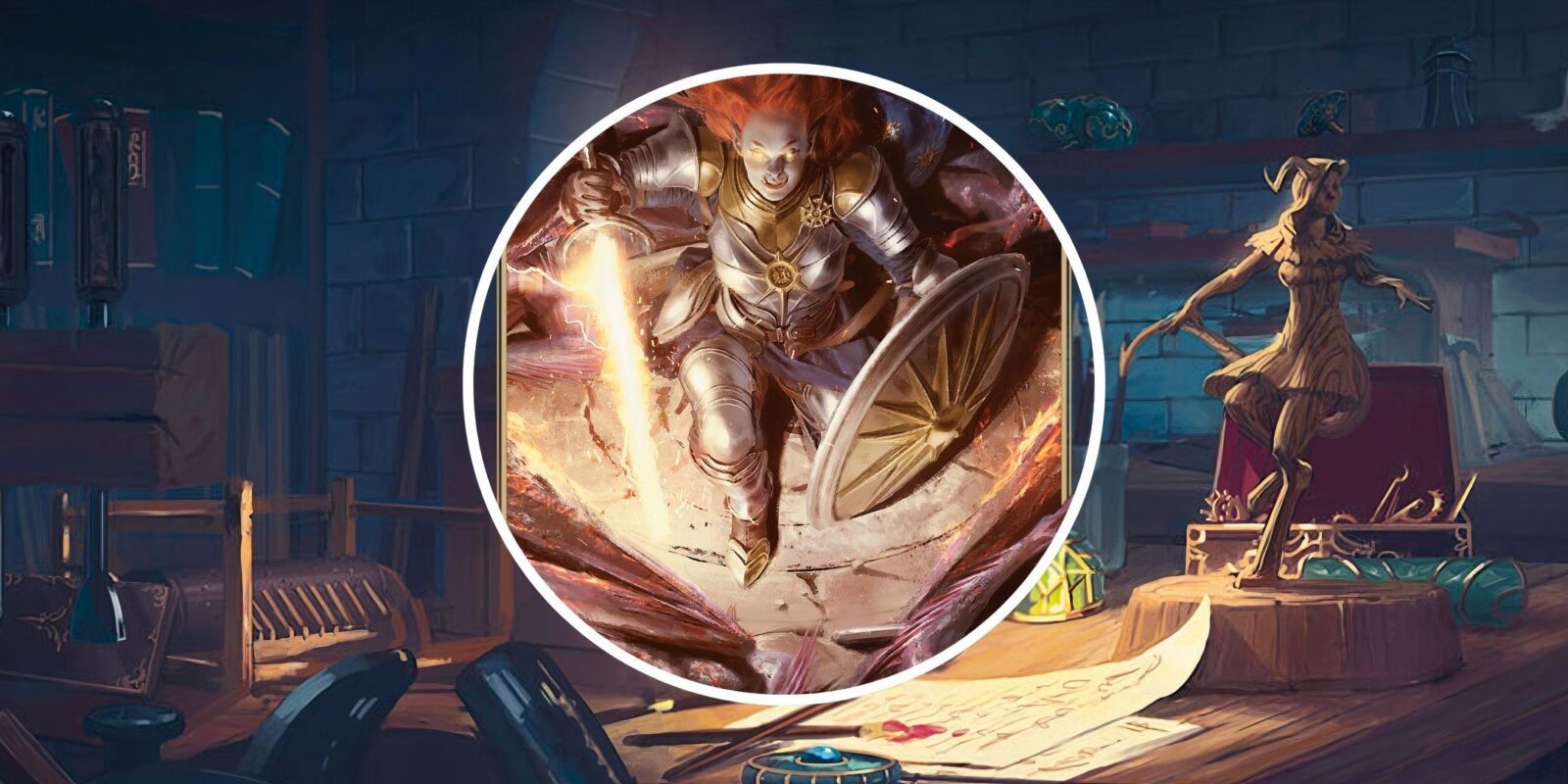

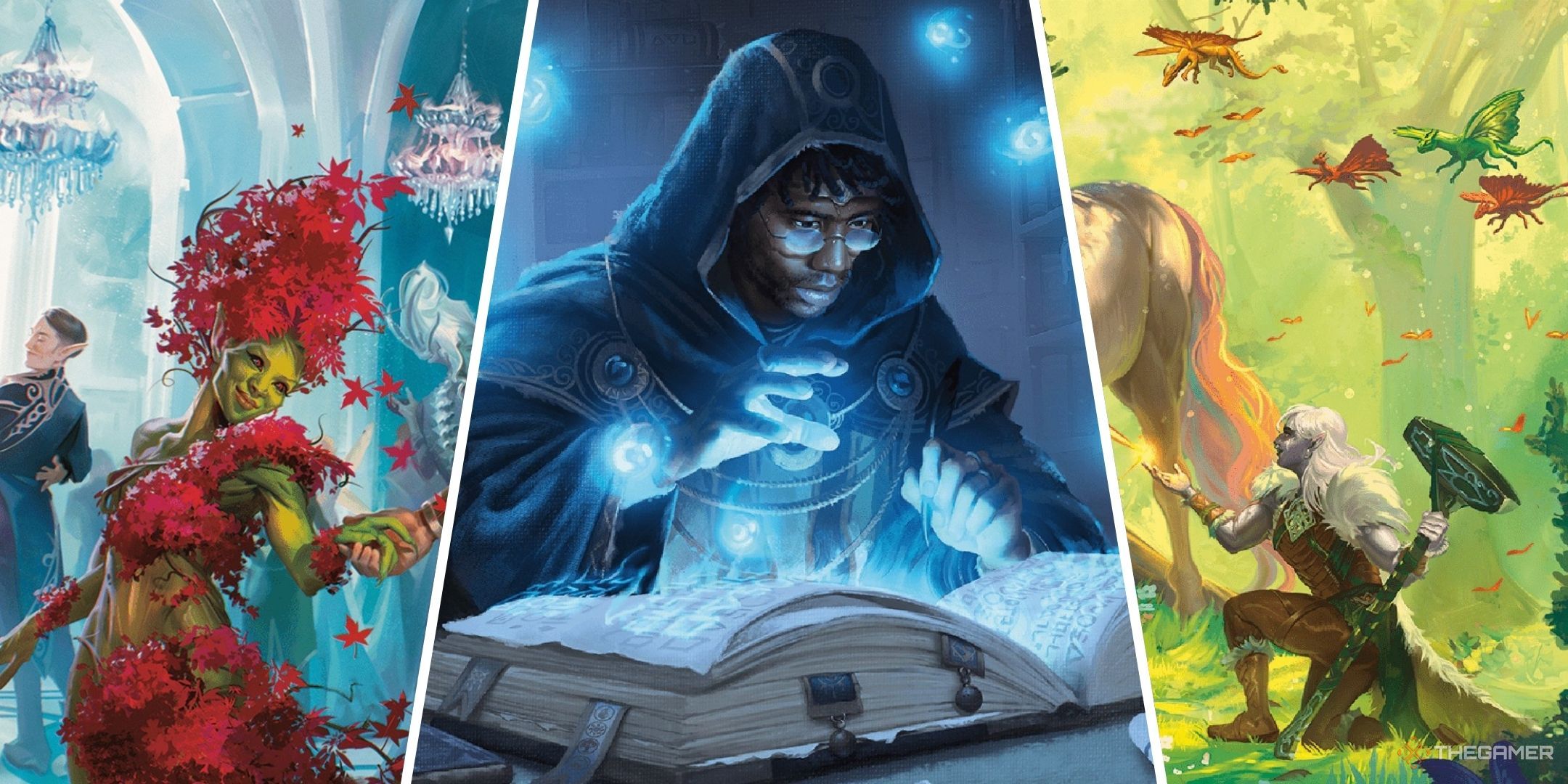



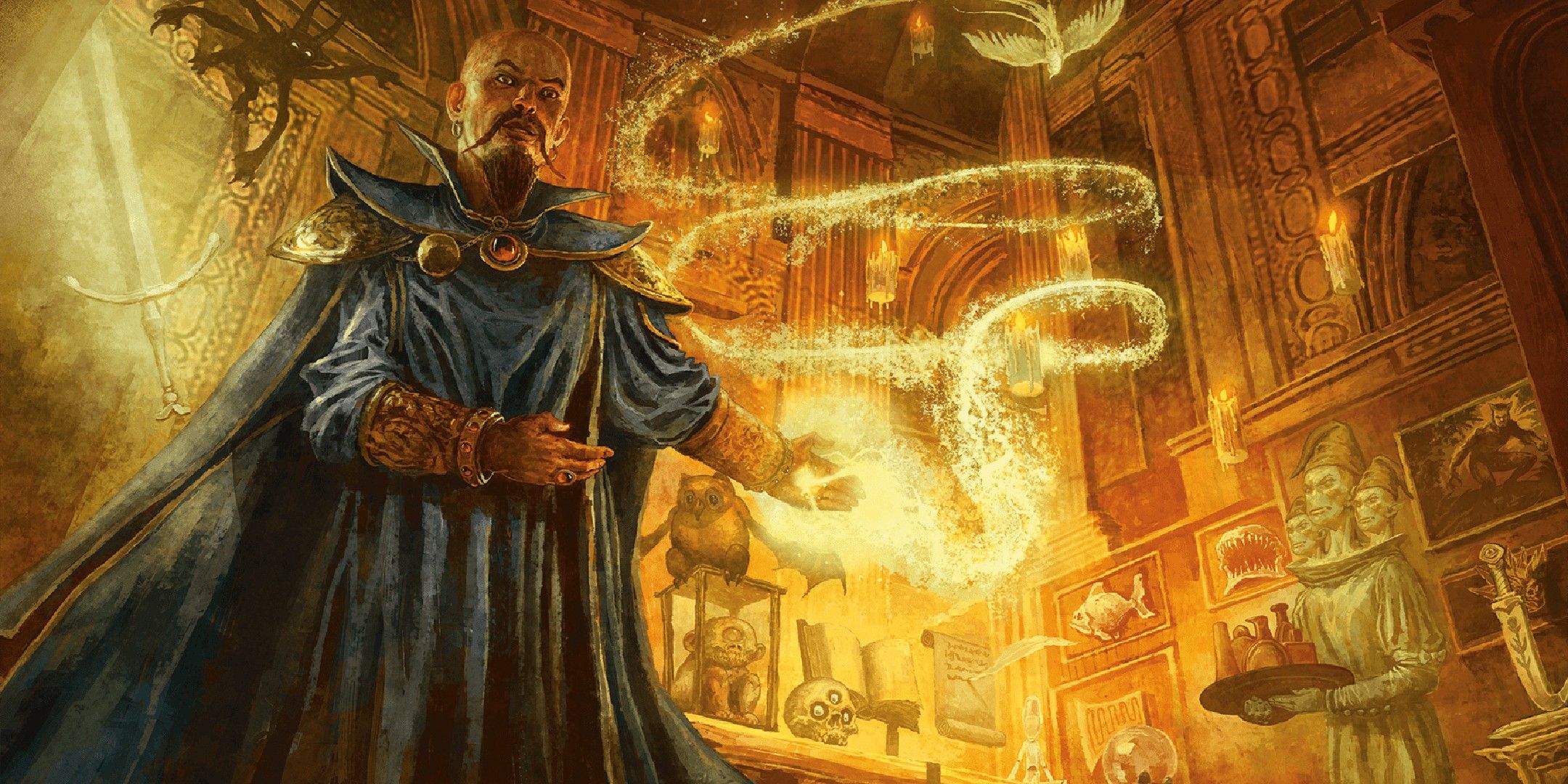
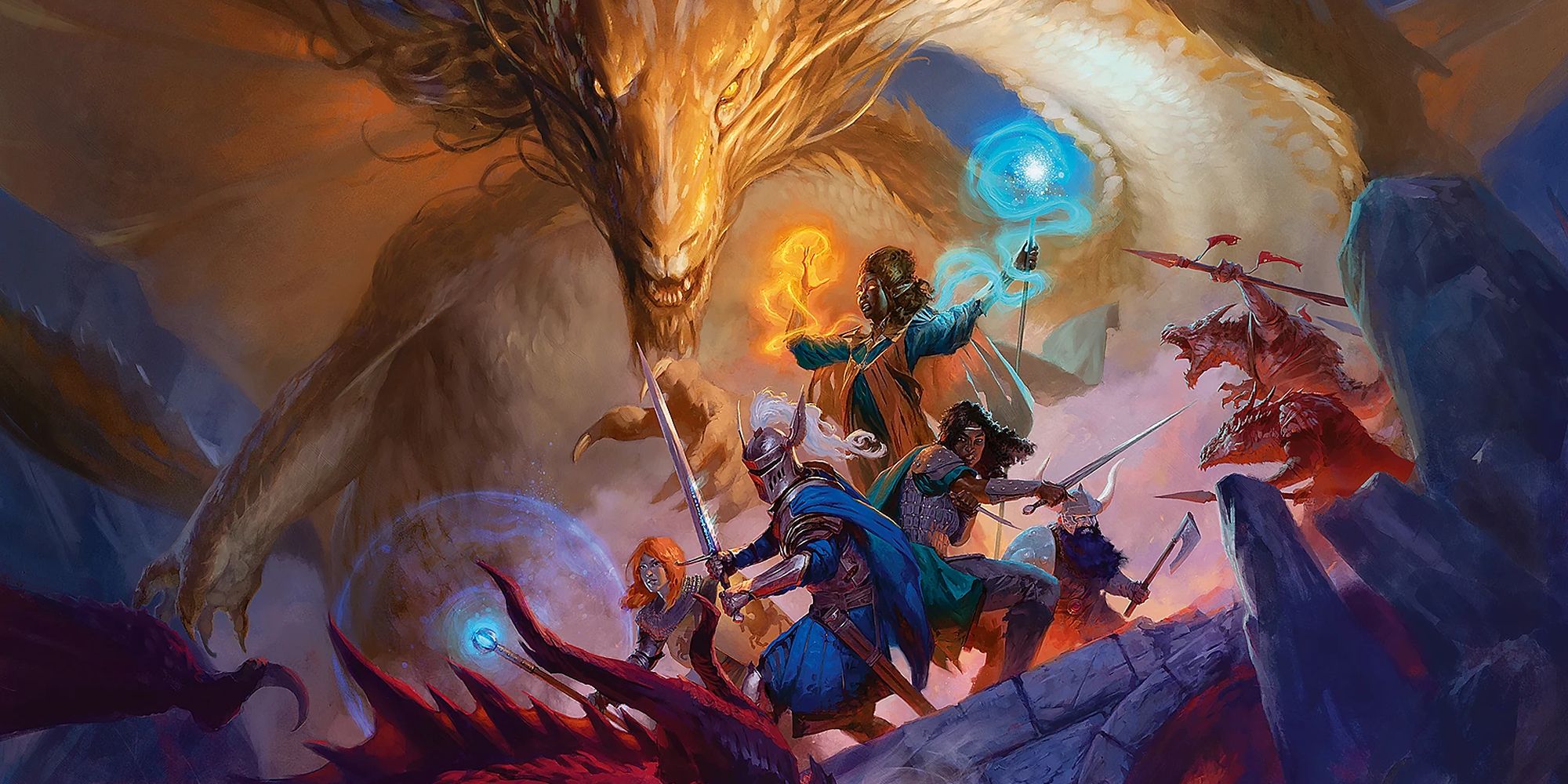










Leave a Reply